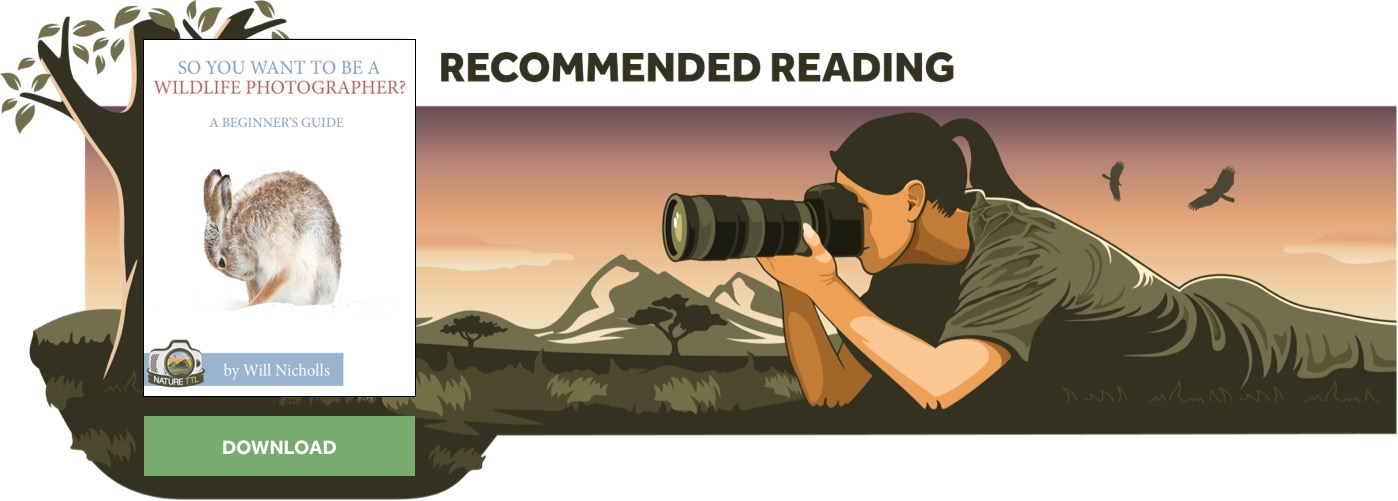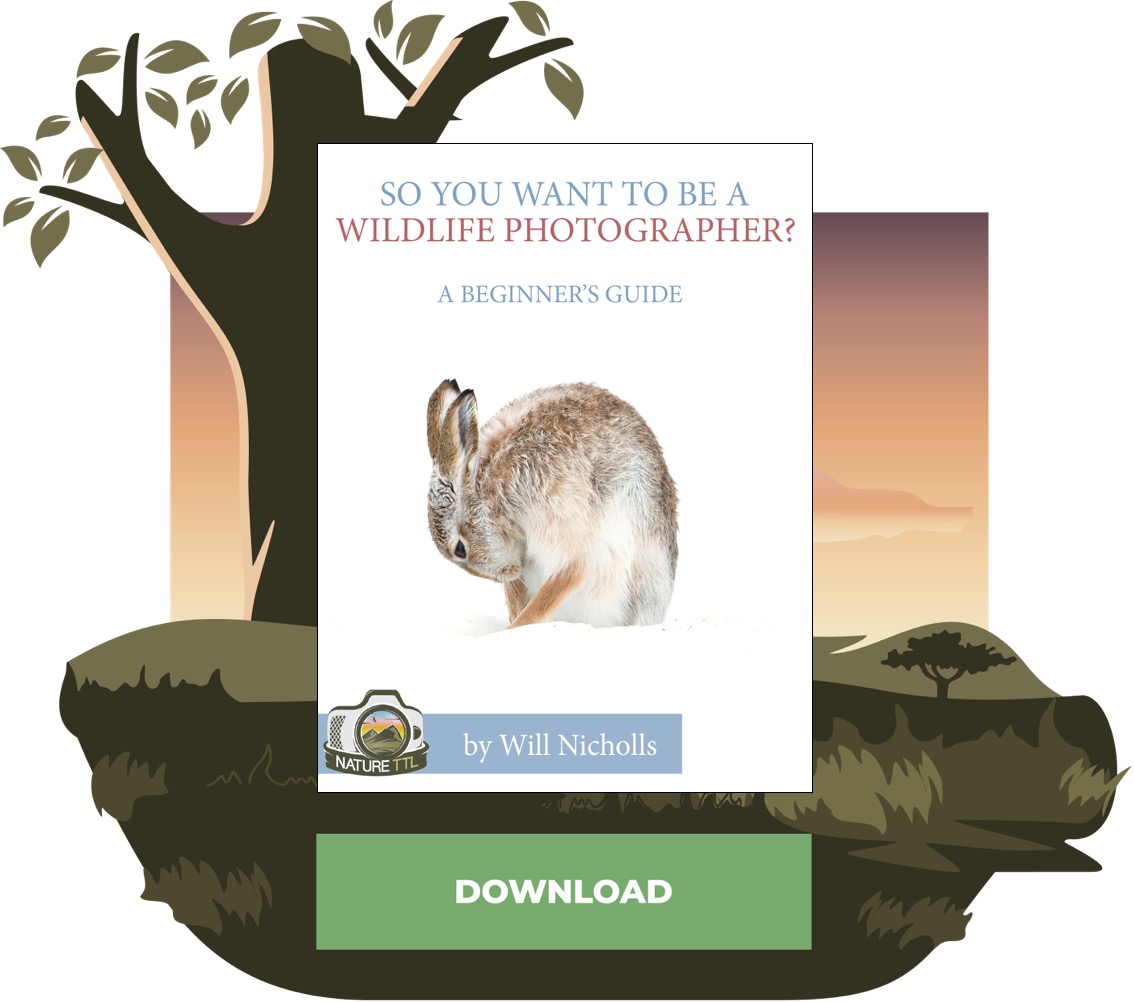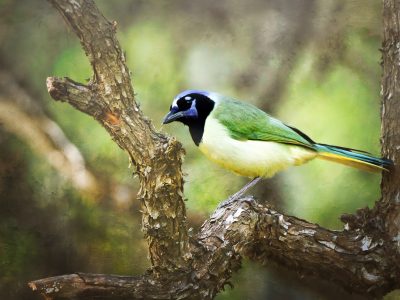The Swarm of Life: Wildlife Photographer of the Year 2024 Announced

Selected from a record-breaking 59,228 entries from 117 countries and territories, the winners of the Natural History Museum’s prestigious Wildlife Photographer of the Year competition were revealed at an awards ceremony in South Kensington this evening.
Celebrating its sixtieth year, the flagship Wildlife Photographer of the Year exhibition featuring the 100 awarded images will open on Friday 11 October 2024 at the Natural History Museum, London.


Wildlife Photographer of the Year 2024
Canadian Marine Conservation Photojournalist, Shane Gross, was awarded Wildlife Photographer of the Year 2024 for his image ‘The Swarm of Life’, a breathtaking photograph that shines a light on the magical underwater world of western toad tadpoles.

Shane captured the image whilst snorkelling for several hours through carpets of lily pads in Cedar Lake on Vancouver Island, British Columbia, making sure not to disturb the fine layers of silt and algae covering the bottom of the lake.
A near threatened species due to habitat destruction and predators, these tadpoles start their transition into toads between four and twelve weeks after hatching, but an estimated 99% of them will not survive to adulthood.
Kathy Moran, Chair of the Jury and Editor, says: “The jury was captivated by the mix of light, energy and connectivity between the environment and the tadpoles. We were equally excited by the addition of a new species to the Wildlife Photographer of the Year archive.
“Over the last few years, the competition has highlighted environments and species that are often overlooked yet provoke the same wonder and delight when shared as the more typically photographed wildlife and wild places.”
Young Wildlife Photographer of the Year 2024
Alexis Tinker-Tsavalas from Germany was awarded Young Wildlife Photographer of the Year 2024 for his up-close image ‘Life Under Dead Wood’, depicting the fruiting bodies of slime mould on the right and a tiny springtail on the left.

Alexis quickly rolled over a log to take the intriguing image, moving fast as springtails can jump many times their body length in a split second. Alexis used a technique called focus stacking, where 36 images, each with a different area in focus, are combined.
Springtails are found in almost every corner of the globe as one of the most abundant of all macroscopic animals. They are vital for improving soil health by feeding on microorganisms such as bacteria and fungi, helping organic matter to decompose.
“A photographer attempting to capture this moment not only brings great skill, but incredible attention to detail, patience and perseverance. To see a macro image of two species photographed on the forest floor, with such skill, is exceptional.” says Kathy Moran.
A global stage
The two Grand Title winners were selected from 18 astounding category winners that showcase the wonder and richness of biodiversity on our planet, whilst also, in many cases, shining a light on the numerous challenges wildlife across the globe faces today.
In an intensive process, each entry was judged anonymously by an international panel of experts on its originality, narrative, technical excellence and ethical practice.
Dr Doug Gurr, Director of the Natural History Museum, says: “Wildlife Photographer of the Year’s longevity is a testament to the vital importance and growing appreciation of our natural world.
“We are delighted to feature such inspiring images in this year’s portfolio – these are photographs that not only encourage further wildlife conservation efforts, but that spark the creation of real advocates for our planet on a global scale.”
To celebrate the sixtieth anniversary of Wildlife Photographer of the Year, and in line with the Museum’s vision of a future where both people and planet thrive, the competition introduced the Impact Award for both the Adult and Young Photographer categories.
This award recognises a conservation success; a story of hope and/or positive change.

The Young Impact Award was given to Liwia Pawłowska from Poland, who entered the competition’s Young Wildlife Photographer of the Year category with her image ‘Recording by Hand’.
This photograph spotlights a relaxed common whitethroat as part of bird ringing, a technique that aids conservation efforts by recording a bird’s length, sex, condition and age to help scientists monitor populations and track migratory patterns.
Australian photographer Jannico Kelk won the Adult Impact Award with his image ‘Hope for the Ninu’.
The greater bilby, a small marsupial also referred to as the ninu, was brought to near extinction through predation by introduced foxes and cats. Jannico’s image showcases a greater bilby in a fenced reserve, a method that has eradicated predators so that the greater bilby can thrive.
Celebrating sixty years of Wildlife Photographer of the Year
To honour the sixtieth anniversary of Wildlife Photographer of the Year, this year’s exhibition spotlights past Grand Title winners across the competition’s history and includes photographs, trophies and camera technology highlights that encapsulate the competition’s sixty years of revealing nature’s stories.

The exhibition also includes videos showing the impact wildlife photography can have globally alongside insights from jury members, photographers and Museum scientists to invite visitors to advocate for the natural world.
The sixtieth Wildlife Photographer of the Year is supported by Associate Donor, The William Brake Foundation.
Here are some of the other awarded images:
Animals in Their Environment
Category winner. Frontier of the Lynx by Igor Metelskiy, Russia.

Animal Portraits
Category Winner. On Watch by John E Marriott, Canada.

Behaviour: Birds
Category Winner. Practice Makes Perfect by Jack Zhi, USA.

Behaviour: Mammals
Category Winner. A Tranquil Moment by Hikkaduwa Liyanage Prasantha Vinod, Sri Lanka.

Behaviour: Amphibians and Reptiles
Category Winner. Wetland Wrestle by Karine Aigner, USA.

Behaviour: Invertebrates
Category Winner. The Demolition Squad by Ingo Arndt, Germany.

Oceans: The Bigger Picture
Category Winner. A Diet of Deadly Plastic by Justin Gilligan, Australia.

Plants and Fungi
Category Winner. Old Man of the Glen by Fortunato Gatto, Italy.

Natural Artistry
Category Winner. The Artful Crow by Jiří Hřebíček, Czech Republic.

Underwater
Category Winner. Under the Waterline by Matthew Smith, UK / Australia.

Wildlife Photographer of the Year is developed and produced by the Natural History Museum, London. To see more of the awarded entries, visit the NHM website.





